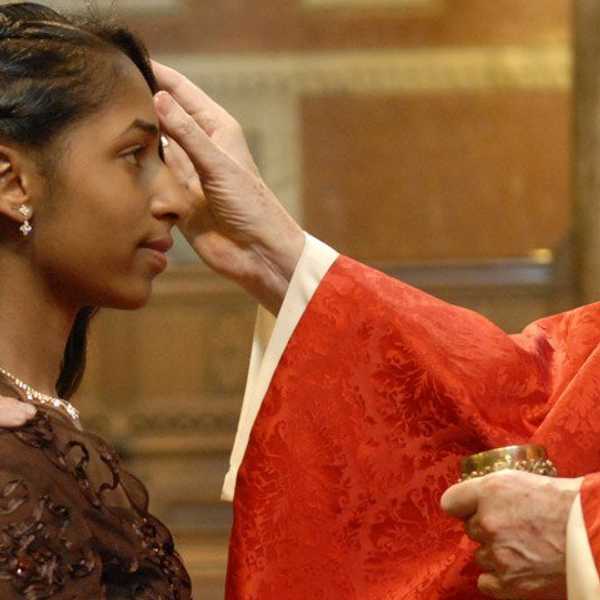Millennials lead a growing trend in which more Americans claim they are “religiously unaffiliated.”
36 percent of younger millennials, those born between 1990 and 1996, do not identify with an organized religion, according to data from the Pew Research Center. Pew Research surveyed over 35,000 Americans in 2007 and again in 2014, examining religious preferences among members of every generation and region of the United States.
The trend holds true not only among millennials, but Americans of all ages. Nearly a quarter of Generation Xers (born between 1965 and 1980) now claim no religious affiliation or describe themselves as atheists or agnostic.
“… generational replacement is by no means the only reason that religious “nones” are growing and Christians are declining,” the report reads. “In addition, people in older generations are increasingly disavowing association with organized religion.”
When the report mentions “generational replacement,” researchers are referring to a phenomenon in which younger millennials enter adulthood and replace older, more religious members of the population.
Less religious affiliation in America can be traced not only to generational replacement, but also to Americans who alter their religious beliefs. Currently 34 percent of Americans claim a different religious identity than the one in which they were raised. About one in every five adults in the United States has abandoned his or her religious affiliation and not adopted another.
On the other hand, a little more than four percent of American adults say they subscribed to an organized religion after being raised without one. This means there are clearly more people leaving organized religions than there are joining them. For every person who joins a religion for the first time, four people shed their first affiliation.
Another objective of the research survey examined the size of different religious groups in the United States. Christians are the largest, coming in at about 70 percent of adults. More specifically, about 20 percent identify as Catholic.
What does this shift in religious belief say about the United States? Does a nation gradually moving away from organized religion have less respect for morality? Was the shift caused by an increase in independent thinkers or morally-perverted youth?
Pew Research Center: "America's Changing Religious Landscape"





















